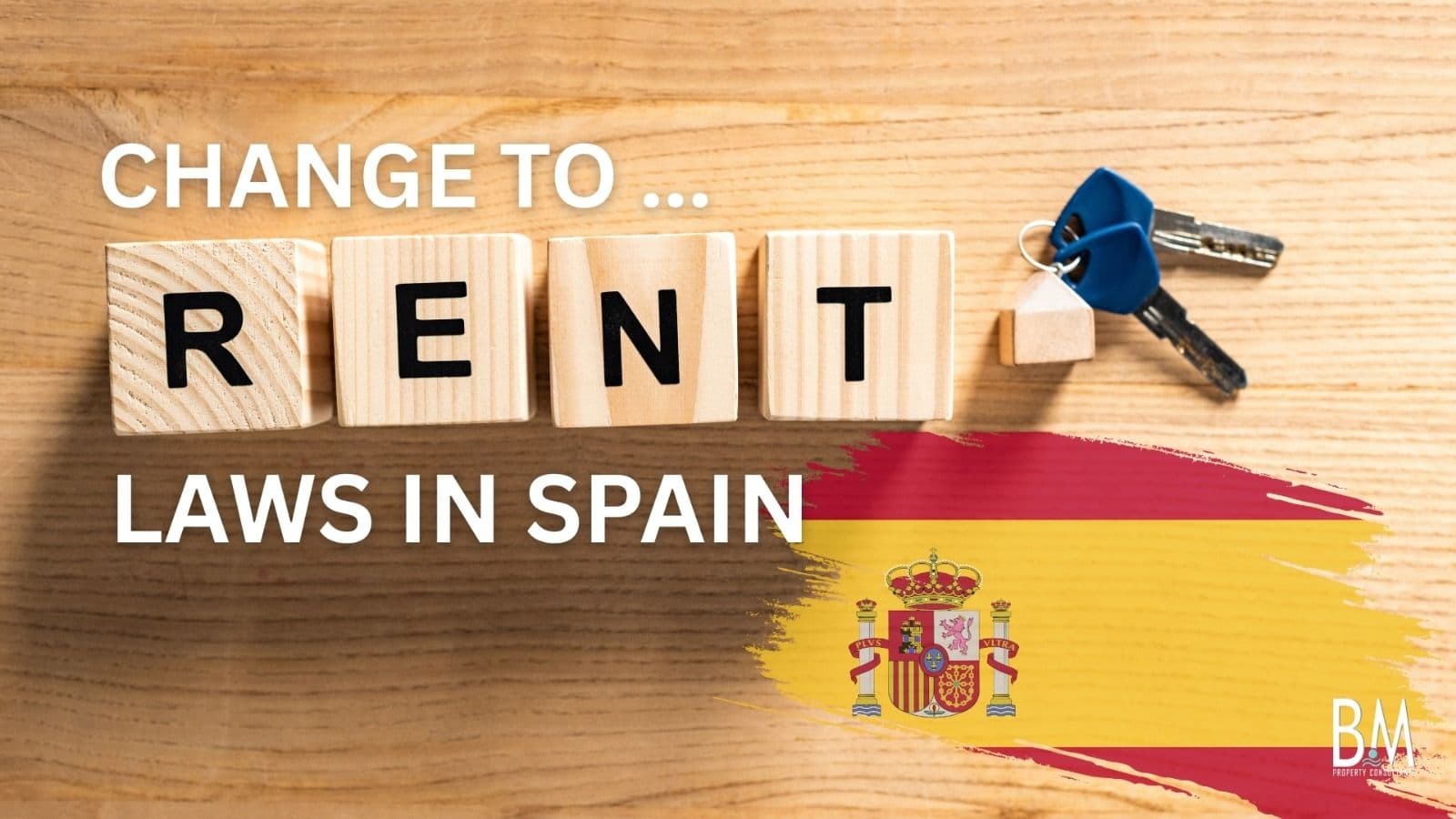A significant legal shift has quietly transformed the Spanish housing landscape, and whether you're an expat tenant or a property owner, you’ll want to understand what’s changed.
The Spanish government has introduced sweeping rental reforms aimed at protecting vulnerable tenants amid soaring housing prices in cities like Madrid, Barcelona, and Valencia. But while renters gain new rights, landlords are warning of unintended consequences that could reshape the entire market.
🏠 The Biggest Change: Tenants Can Stay After the Lease Ends
The most controversial update? Tenants can now remain in a rental property even after the contract has expired, provided the lease was signed after March 6, 2019.
- If the landlord is a private individual, the lease is automatically extended up to 5 years.
- If the landlord is a company, the extension can last up to 7 years, unless a clause allowing for personal or family use was included from the beginning.
This means tenants are more secure than ever — but landlords are losing flexibility over when and how they can recover their properties.
⚖️ Vulnerable Tenants Get Even More Protection
Under the new law, judges can suspend evictions for tenants considered “vulnerable,” such as those:
- Experiencing unemployment or illness
- Caring for young children
- Aged or elderly
- In other proven hardship situations
While this is seen as a vital safeguard by tenant advocacy groups, landlords are concerned it opens the door for long-term disputes and rent arrears.
“This strips landlords of control over their own property,” said one Madrid-based real estate agent. “If someone stops paying and claims vulnerability, you could be stuck for years.”
💸 Financial Impact for Landlords
With evictions now potentially delayed for months (or even years), many landlords are rethinking their investments:
- Some are shifting to short-term holiday rentals (like Airbnb), where legal control is easier to maintain.
- Others are selling their rental properties entirely.
- The result? Fewer long-term rental options, which ironically pushes rents even higher.
📉 Other Key Rental Law Changes
The reform introduces several other tenant-friendly measures, including:
- Rent increases tied to inflation (IPC) — no more sudden spikes.
- Security deposits capped at two months’ rent
- Letting agency fees must be paid by landlords, if the property is company-owned.
- Tax on primary residence rentals has been removed
- Tourist lets can now be restricted by a three-fifths majority vote in a building community (previously, full agreement was needed).
🌍 Why Expats Should Pay Attention
For foreign renters in Spain, the takeaway is simple: know your contract.
Pay close attention to:
- Whether your landlord is an individual or a company
- What the contract says about renewal terms
- Any clauses on reclaiming the property for personal use
What feels like a flexible, short-term rental today could become a long-term commitment — with legal entanglements down the road.
⚖️ Protection vs. Risk: A Delicate Balance
Spain’s government defends the reform as a necessary response to housing inequality. But critics say it could have the opposite effect — driving landlords out of the market and making affordable rentals even harder to find.
At the heart of the debate is a difficult question: How do you protect renters without punishing property owners?
For now, one thing is clear: Spain’s rental rules have changed for good, and everyone involved — tenants, landlords, and investors — will need to adapt.
Need help navigating the Spanish rental market?
Whether you're looking to rent, buy, or invest, our expert team is here to guide you through every step.
Share

Sabina Falconer
Property Specialist
Born in South Africa and raised in the vibrant communities of Gibraltar and Sotogrande, Sabina has real estate coursing through her veins. Sabina's dedication to understanding the unique needs and desires of each client ensures that every property transaction is executed with precision and care.







